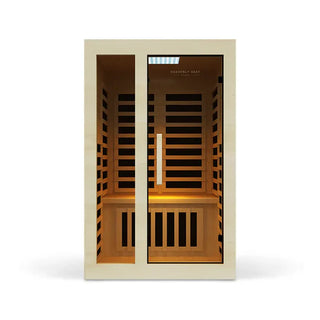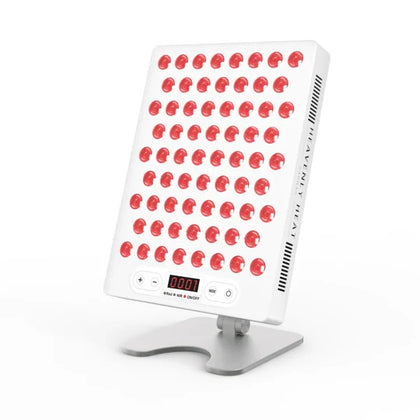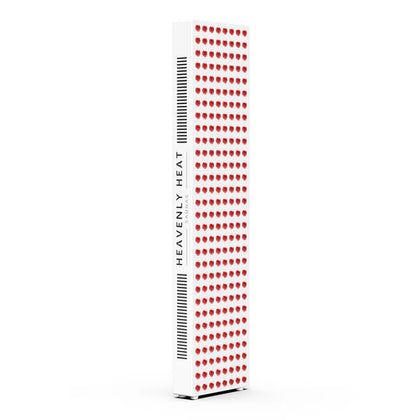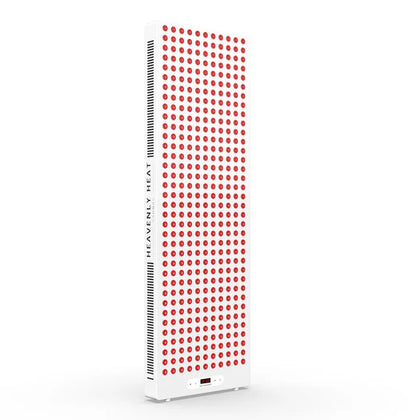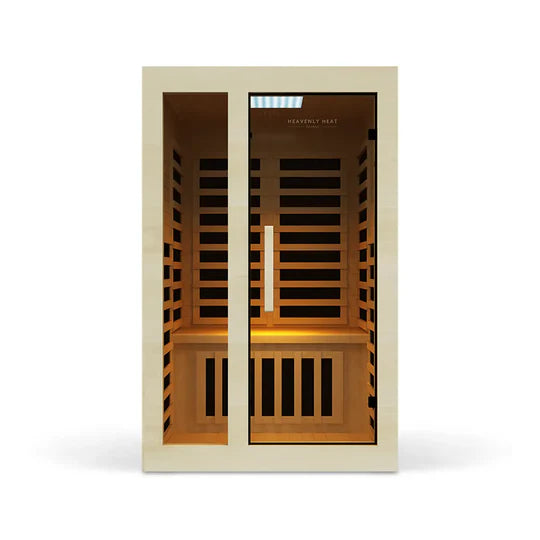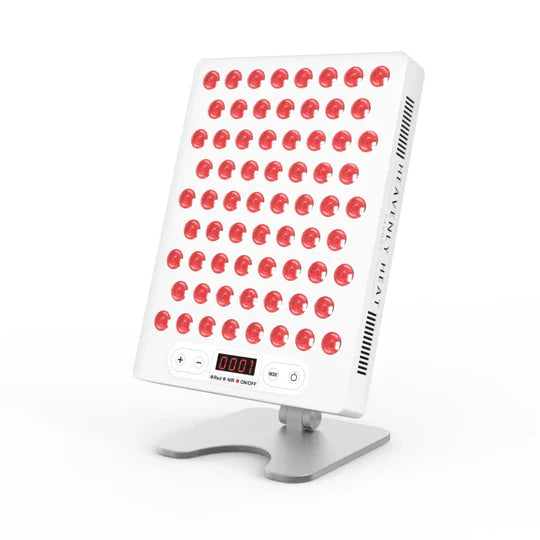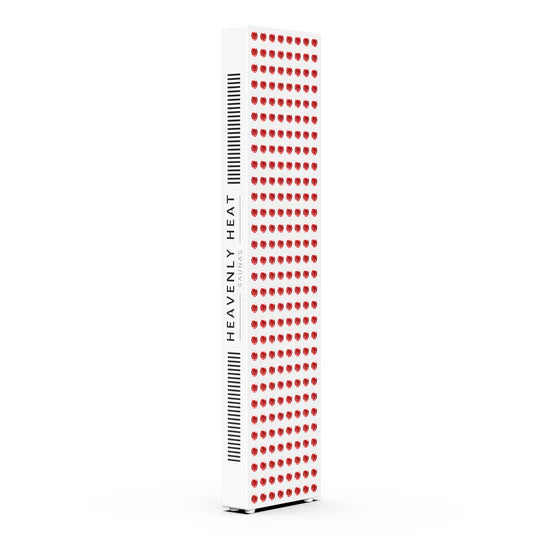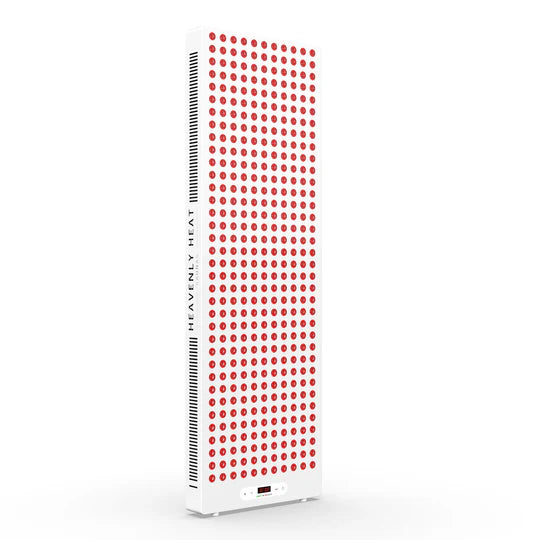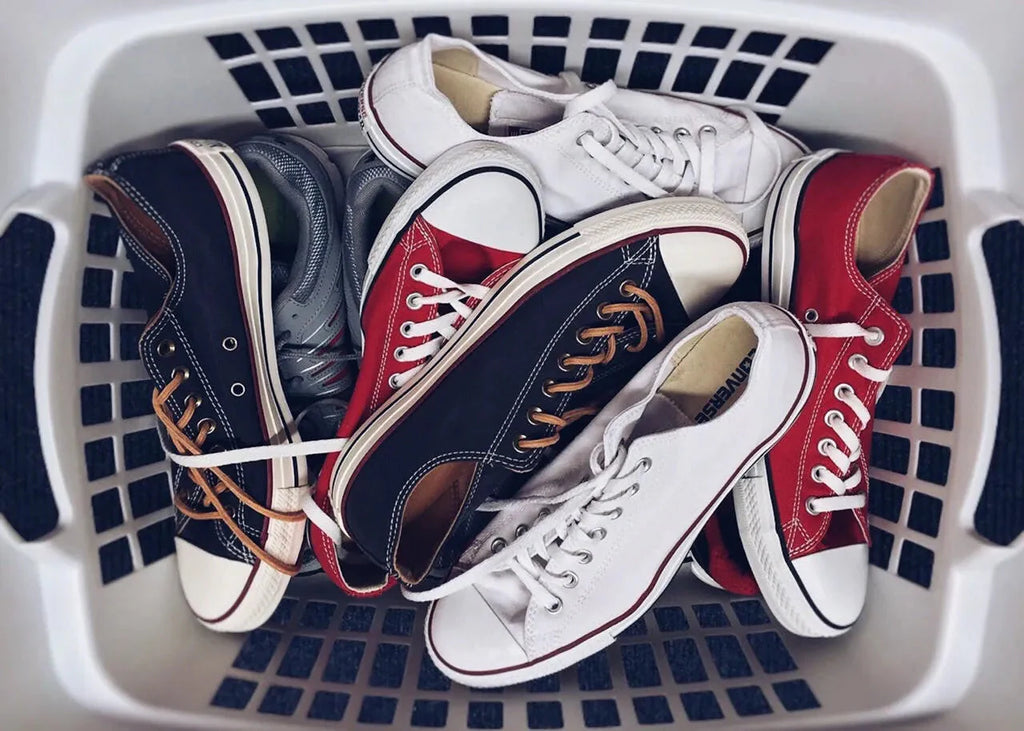Is Sauna a Good Hangover Cure?

Hangovers can be a grueling experience, leaving you with a pounding headache, nausea, and a general feeling of unease.
Many people search for ways to alleviate these symptoms and get back on their feet as quickly as possible.
One remedy that has gained attention in recent years is the sauna. But is sauna really a good option for hangover cure?
To find out, let’s delve into the science behind hangovers and understand the therapeutic effects of sauna.
Table of contents
Understanding the Science of Hangovers
- Your body reacts strongly after too much alcohol: Hangovers are the body’s way of reminding us of the consequences of excessive alcohol consumption. They result from a mix of factors like dehydration, inflammation, immune system changes, and chemical imbalances in the brain.
- Drinking makes you lose more water than you think: One of the biggest reasons for a hangover is dehydration. Alcohol makes you pee more, which leads to fluid loss. That’s why you wake up with a dry mouth, headache, and feeling drained.
- Alcohol messes with your sleep, even if you pass out: Even if you sleep for hours after drinking, the sleep isn’t deep or restful. Alcohol stops your brain from reaching the most refreshing sleep stages, which leaves you tired, foggy, and irritable the next day.
- Your energy crashes because your blood sugar drops: Alcohol can cause a drop in your blood sugar, which leads to weakness, shakiness, and feeling low on energy. That’s why hangovers often come with a sense of physical and mental crash.
The Role of Dehydration in Hangovers
- Alcohol makes you pee more, which dries out your body: One of the main culprits behind hangovers is dehydration. Alcohol is a diuretic, meaning it increases urine production and promotes fluid loss from the body.
- Losing too much fluid messes with your body’s balance: As your body loses more fluid, it also loses vital electrolytes. This imbalance can lead to headaches, fatigue, and a general sense of discomfort, the classic hangover symptoms.
- Not enough water makes your brain slow and your mood worse: When you’re dehydrated, your brain doesn’t function as well. This contributes to brain fog, irritability, and poor concentration that many people feel after a night of drinking.
- Your organs have to work harder when you're low on fluids: Your liver and kidneys have to work overtime to break down and eliminate alcohol. Dehydration adds to the strain, worsening the feeling of overall malaise during a hangover.
The Impact of Alcohol on the Body
- Alcohol makes your body inflamed, which adds to hangover pain: In addition to dehydration, alcohol can also cause inflammation in the body. It stimulates the release of inflammatory molecules, which can contribute to headaches and other hangover symptoms.
- Drinking irritates your stomach and can make you feel sick: Alcohol affects the gastrointestinal tract, leading to stomach irritation and nausea. This disruption can linger the next day, worsening the hangover experience.
- Too much alcohol weakens your immune system: Alcohol’s effects on the immune system can also play a role in the severity of hangovers. Excessive alcohol consumption can suppress the immune response, making the body more susceptible to infections and prolonging the recovery process after a night of drinking.
- A weak immune system after drinking leaves you feeling tired and worn out: This weakened immune system response can leave individuals feeling run down and fatigued, compounding the effects of a hangover.
The Therapeutic Effects of Sauna
- Being in a sauna helps your body recover faster: When you sit in a sauna, your body is exposed to high temperatures (around 80–100°C or 176–212°F). This heat makes you sweat and increases your heart rate, which can help your body flush out toxins and feel better, especially after things like a hangover.
- Sauna heat makes your muscles feel more relaxed: The warmth from a sauna goes deep into your muscles and helps them loosen up. This is great if you’re feeling sore, stiff, or tired, because it improves blood flow and helps your body heal naturally.
- Spending time in a sauna can calm your mind: Saunas don’t just help your body, they also help your mind. Sitting quietly in the heat can reduce stress and anxiety, leaving you feeling more relaxed and clear-headed.
- People have used saunas to feel better for hundreds of years: Using heat to feel better isn’t new. Saunas have been part of many cultures for centuries, and people have always believed in their power to heal, relax, and refresh both the body and the mind.
The Heat Factor: How Sauna Affects the Body
- Heat helps your blood flow better, which may ease headaches: When you sit in a sauna, your body gets warmer. This makes your blood vessels open up, which helps blood move more easily. Better blood flow can reduce headaches by sending more oxygen to your brain and releasing pressure.
- Sweating in the sauna helps your body get rid of waste: The heat makes you sweat a lot, which helps your body push out harmful toxins. This natural cleansing process can make you feel lighter and more refreshed.
- Sauna heat makes you feel relaxed and happy: Being in the sauna boosts your body’s endorphins, natural chemicals that reduce pain and make you feel good. This is why people often feel calm and happy after a sauna session.
Sauna and Detoxification: A Closer Look
- Sweating in a sauna helps your body get rid of alcohol faster: Detoxification is a key part of hangover recovery. Sitting in a sauna makes you sweat a lot, which can help your body push out alcohol byproducts and other leftover toxins more quickly.
- You also sweat out salt and surface toxins, which helps you feel cleaner: Along with alcohol, sweating helps remove extra salt and surface-level toxins from your skin. This can leave you feeling lighter, fresher, and more cleansed overall.
- The heat from the sauna opens up your pores and deep-cleans your skin: When you sit in a hot sauna, the heat opens your pores and helps clear out dirt and oil. This deep clean can make your skin look healthier and more refreshed.
- Using a sauna can improve skin problems while helping you recover: If you deal with acne or eczema, regular sauna use can help clear up your skin. This makes the sauna a helpful part of both hangover recovery and overall skincare.
Sauna as a Potential Hangover Cure
- A sauna might help you feel better, but it won’t fix everything: Using a sauna can offer some relief when you're hungover, but it’s not a guaranteed cure. Things like how much you drank, how hydrated you are, and how well you slept all matter just as much, sometimes more.
- The heat from the sauna gets your blood moving: One thing the sauna definitely does is boost your circulation. The high heat makes your blood vessels open up, helping blood move more easily through your body.
- Better blood flow may help your body clear out alcohol: That increase in circulation might help your system get rid of alcohol leftovers a little faster. This could ease some hangover symptoms, like tiredness or that “foggy” feeling, by speeding up the detox process.
The Connection Between Sauna and Hydration
- Drinking water before and after the sauna helps prevent dehydration: The sauna can have a dehydrating effect on the body, especially if you've had alcohol. That’s why it’s important to drink water before, during, and after using the sauna. Staying hydrated helps reduce the chances of feeling worse later, especially when you’re already dealing with a hangover.
- Sweating in the sauna makes you lose more than just water: When you sweat in the sauna, your body doesn’t just lose water, it also loses important minerals called electrolytes. These include things like sodium and potassium, which help your muscles and nerves work properly.
- Replacing lost electrolytes is just as important as drinking water: To feel better after a sauna, it’s a good idea to replace both fluids and electrolytes. Drinks like coconut water or sports drinks can help your body recover faster and keep everything in balance.
Sauna and Its Impact on Alcohol Metabolism
- Sweating in a sauna doesn’t remove alcohol from your body: Although a sauna may help with hangover symptoms, it does not speed up alcohol metabolism. The liver is responsible for breaking down alcohol, and sauna cannot accelerate this process.
- Only your liver can break down alcohol, and it takes time: It’s necessary to allow sufficient time for the body to naturally eliminate alcohol from your system. No method, including sauna use, can replace the liver’s slow and steady process.
- Sauna can help you feel more relaxed while your body recovers: Sauna sessions can induce a state of relaxation and promote stress relief. Since stress can make hangover symptoms feel worse, this calming effect may help you feel better overall.
- Using sauna with rest and water helps you recover better: Pairing sauna therapy with adequate rest and hydration can enhance the body’s ability to recuperate after a night of alcohol consumption, even if it doesn’t speed up alcohol removal.
Precautions to Take When Using Sauna for Hangovers
Sauna is generally safe for most people , but it’s crucial to exercise caution and be aware of potential health risks.
While sauna use can be a relaxing and rejuvenating experience , it’s important to understand how it may affect individuals differently , especially when used as a hangover remedy .
Health Risks Associated with Sauna Use
- If you have heart problems, sauna could make things worse: People with heart conditions or low blood pressure need to be very careful. The heat from the sauna puts extra pressure on your heart, which can be risky, especially after drinking.
- Talk to your doctor before using sauna after alcohol: Even if you feel fine, alcohol and heat together can be a bad mix. It’s always safer to ask a healthcare provider if it’s okay for you to use a sauna after drinking.
- Pregnant women should stay away from sauna heat: If you're pregnant, the high heat from a sauna may not be safe for you or the baby. It’s best to avoid it altogether.
- Breathing problems can get worse in a sauna: People with asthma or other lung issues might find it harder to breathe in the hot, humid air of a sauna. This can be uncomfortable or even dangerous.
- If you have skin issues, sauna heat might irritate it more: Conditions like eczema or other skin problems can flare up due to the heat and sweating that happen in a sauna.
Sauna Use: Dos and Don’ts for Hangover Relief
If you decide to try using a sauna for hangover relief, here are some important guidelines to follow. Firstly, start with a short session of 10-15 minutes and gradually increase the duration as your body adjusts to the heat. This gradual approach can help prevent overheating and discomfort during the session. Hydration is key when using a sauna, so make sure to drink water before, during, and after your sauna session to replenish fluids lost through sweating.
- Start with a short session of 10-15 minutes and gradually increase the duration as your body adjusts.
- Stay hydrated by drinking water before, during, and after your sauna session.
- Avoid alcohol consumption before or during sauna use, as it can worsen dehydration and increase the risk of heat-related health issues.
- Listen to your body. If you start to feel lightheaded, dizzy, or unwell, exit the sauna immediately.
Other Effective Hangover Remedies
- Using a sauna might feel good, but it won’t fix your hangover: While a sauna may have its benefits, it’s important to remember that it is not a magical cure for hangovers. Sweating it out might feel refreshing, but it won’t undo the dehydration or restore lost nutrients caused by alcohol.
- There are easier ways to feel better after drinking: There are several other measures you can take to ease hangover symptoms and support your recovery. Drinking water, getting some rest, and eating light meals are simple but effective steps that help your body bounce back.
- Drinking ginger tea can calm your upset stomach: Another effective hangover remedy to consider is consuming ginger tea. Ginger is well known for its ability to reduce nausea and settle an upset stomach, something many people deal with during a hangover. Just steep a few slices of fresh ginger in hot water for a soothing and natural drink.
Hydration and Nutrition: Key Factors in Hangover Recovery
- Your body needs water to feel better after drinking: Drinking plenty of water is one of the quickest ways to start feeling better after a night of drinking. Alcohol causes your body to lose more fluids, which can leave you feeling tired, dizzy, or even nauseous. Rehydrating helps your body get back to normal.
- Eating healthy foods helps your body recover faster: After drinking, your body loses not only fluids but also important nutrients. Eating foods rich in vitamins, minerals, and antioxidants, like fruits, vegetables, eggs, or whole grains, can help your body bounce back more quickly.
- Electrolyte drinks can help replace what alcohol takes away: Alcohol drains your body of key minerals like potassium and sodium. Drinks like coconut water or sports drinks are packed with electrolytes that can help restore your balance and improve how you feel.
Over-the-counter Medications for Hangover Relief
- Taking a painkiller can help ease your hangover headache: Over-the-counter pain relievers, like ibuprofen or aspirin, can help reduce headaches and body aches that often come with a hangover.
- But don’t take more than the recommended dose: These medications work well, but only if you take them as directed. Taking too much or mixing them with alcohol can cause side effects like stomach pain.
- A vitamin B supplement can boost your energy after drinking: Drinking alcohol can drain your body of B vitamins, which can leave you feeling tired and foggy. Taking a vitamin B complex can help you feel more like yourself again.




